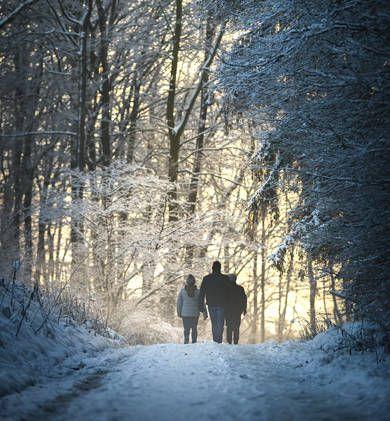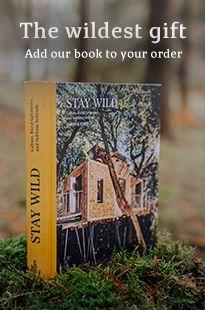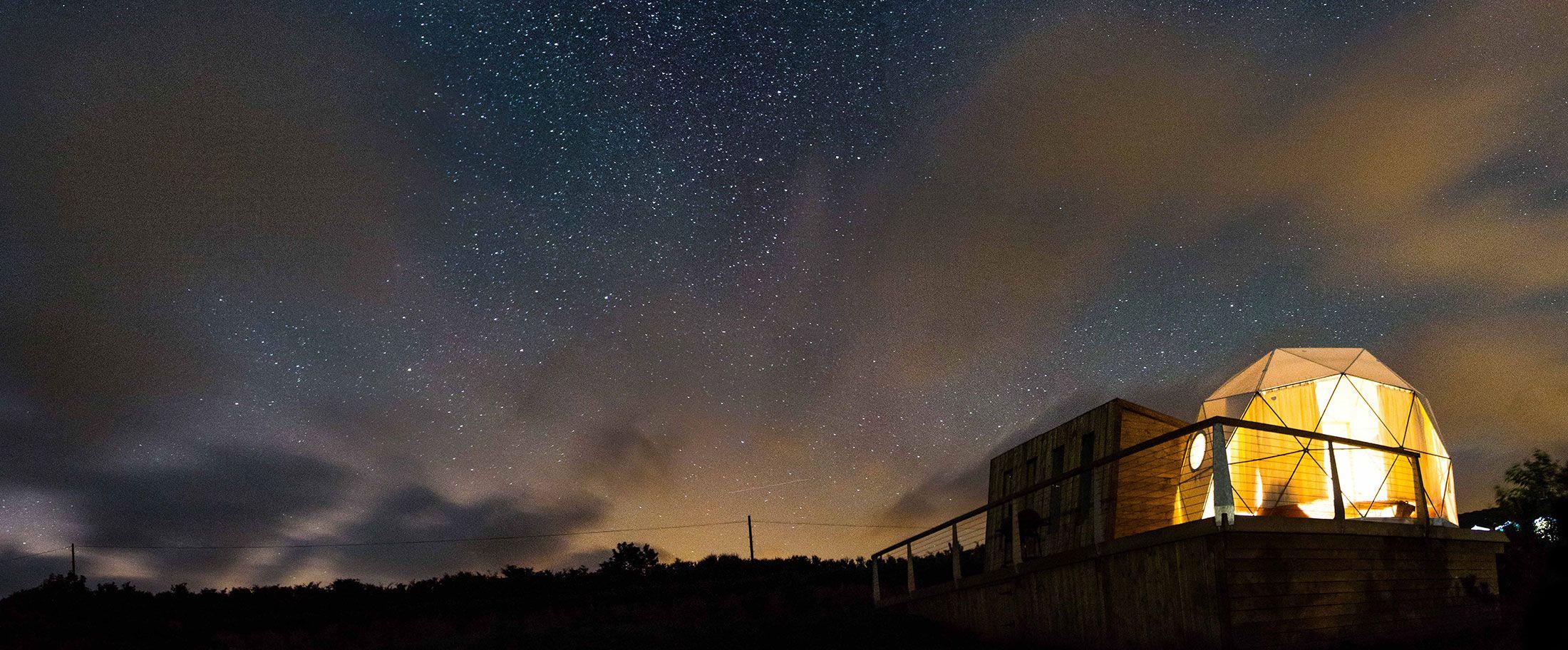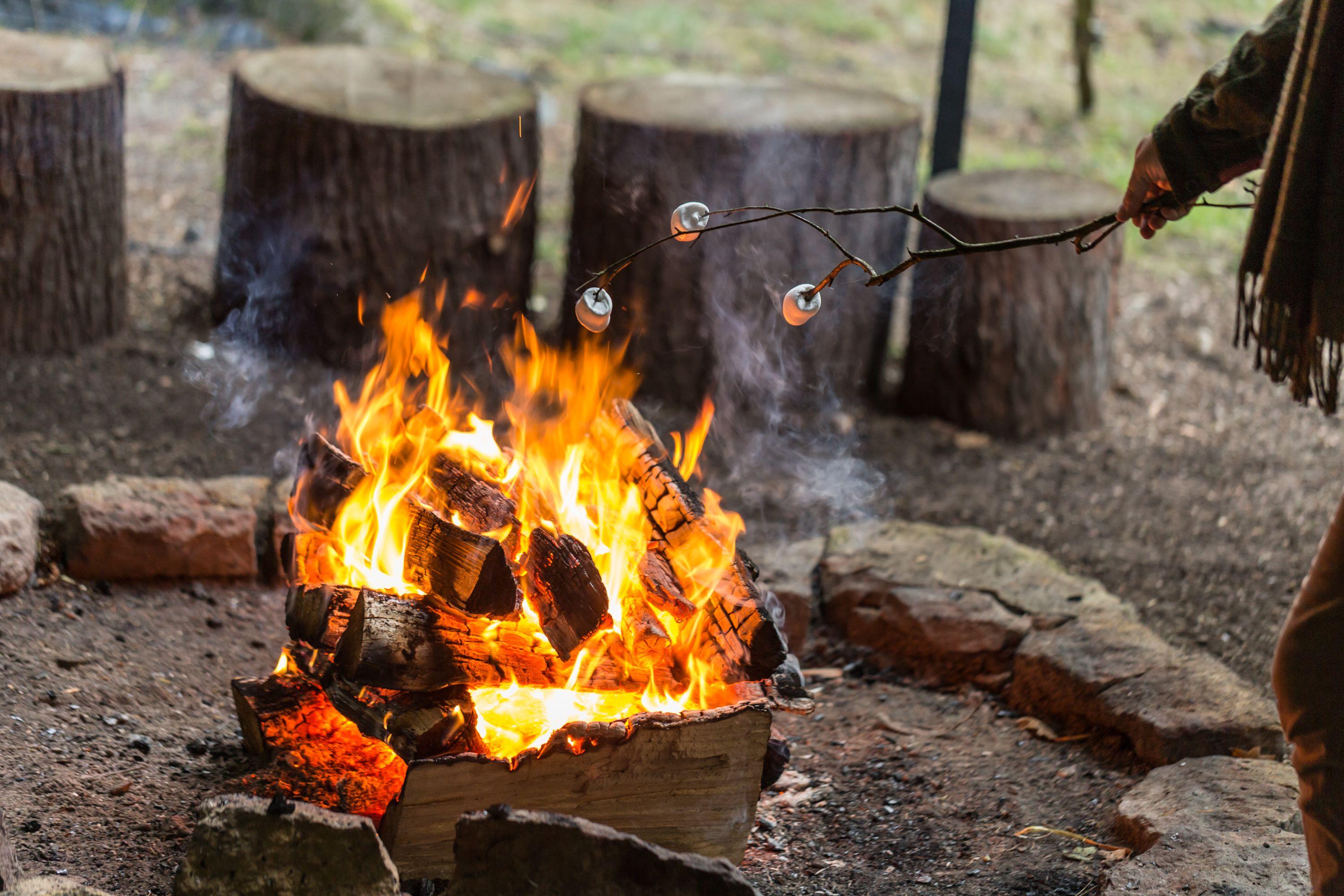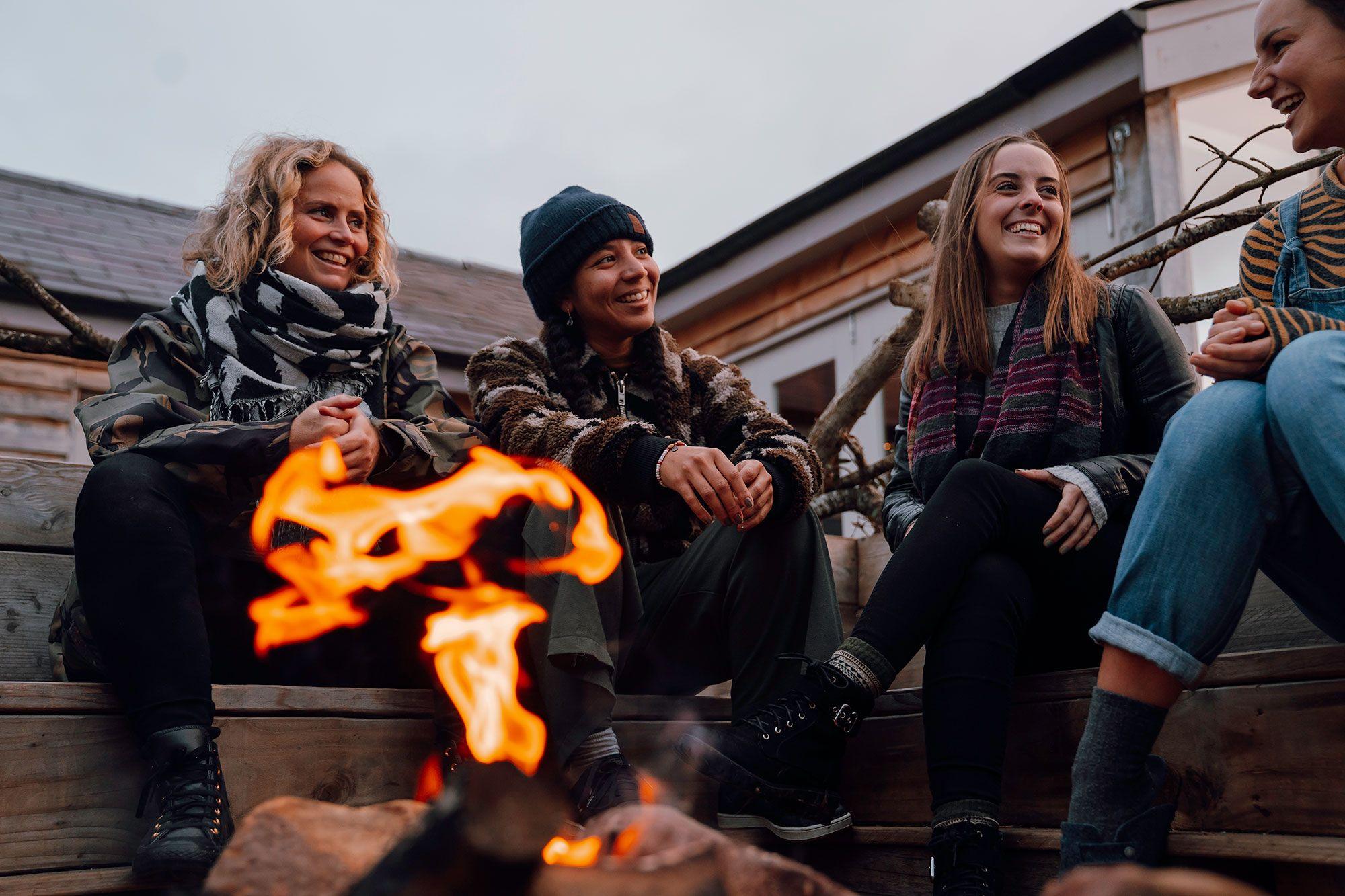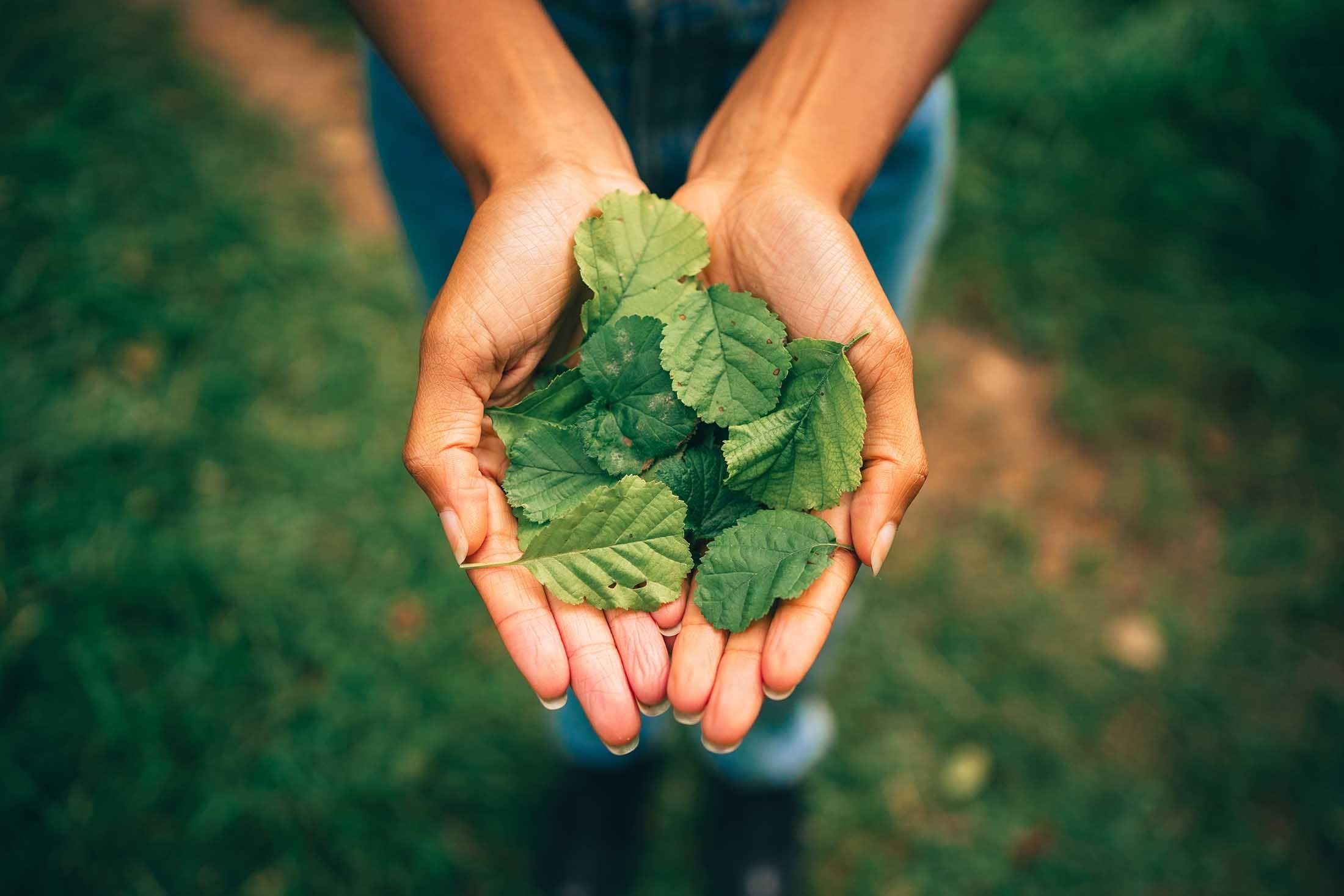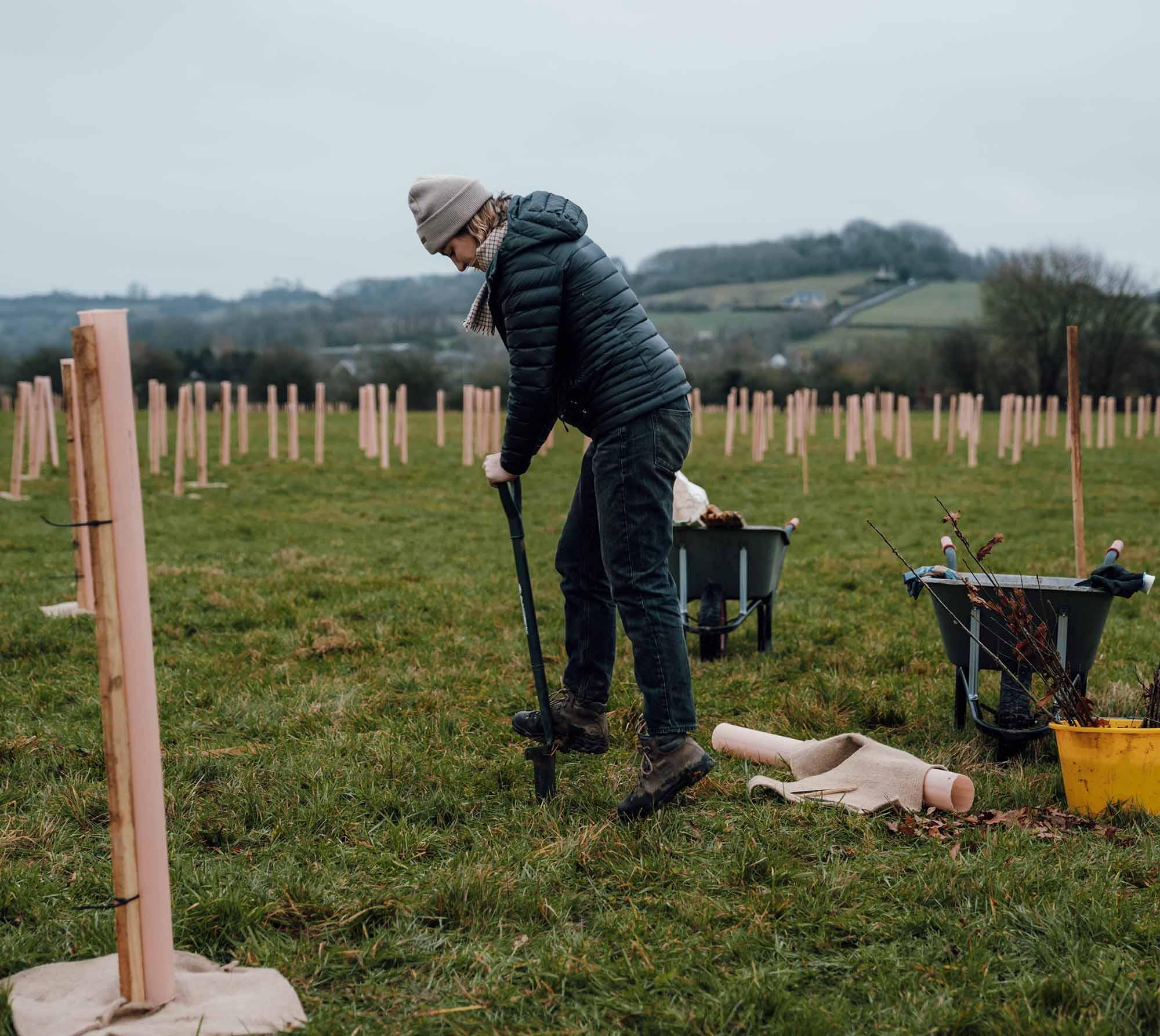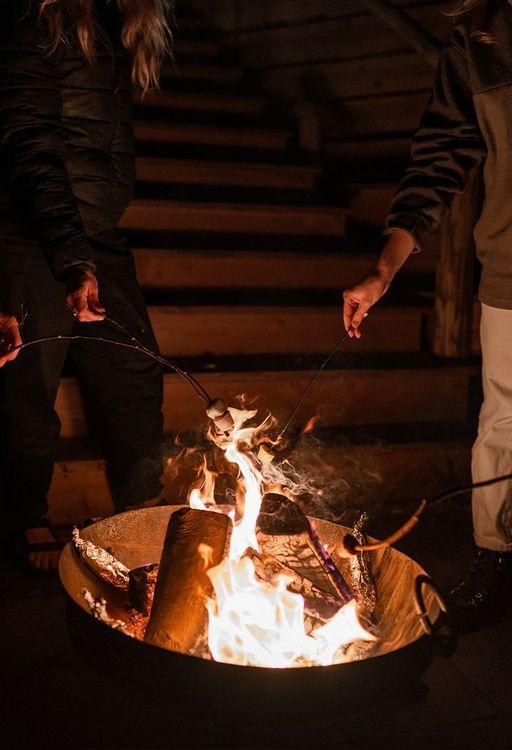
Campfire Thoughts: a love letter to winter
Campfire Thoughts - a short read whilst the kettle boils or the embers die out.
Winter has an incredible influence on us. It changes our sensory experience of the world, affects our behaviour, our relationships and even our food. It brings with it a mix of associations, from darkness and mortality to fireside romance, festive holidays and the comfort you only feel when the sensation finally comes back to your toes. Historically it has been feared, guarded against and endured, but winter’s pale drama has shaped some of our oldest traditions and our most beloved rituals. Though it might feel a little more ominous this year, we think there's still plenty to love.
Part of winter’s hold on our imaginations is simply about beauty. Where the other seasons blend together, winter is the year’s striking contrast. Reds and oranges give way to steel greys, scratched blues and thin bands of indigo horizon. The world feels crisp, clean and still. At some latitudes, deep snow softens the contours of mountains, while in others frosted hillsides catch fire in the sunrise. Winter transforms whole landscapes with bold strokes, but its real beauty is seen up close. Icicles hanging trapped in time, snow painting every needle of a pine tree, and the infinite variety of the snowflakes themselves. We value these sights all the more for how short-lived and delicate they are. A little sunshine and the frost is gone, a gentle breeze and the pine tree shakes off its snow with a whisper. Winter’s beauty is rare and transient and more precious because of it.
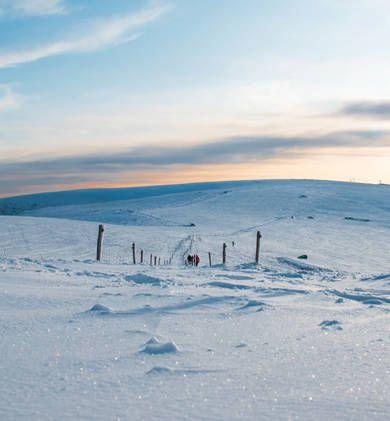
Winter doesn’t just create these exquisitely fragile sights, it also rations the light we have to see them by. The shorter days and harsher weather shift us towards a more indoor lifestyle, leaving the outdoors enticingly altered in another way. Those who embrace the cold see a different side to favourite trails and views, stopping closely huddled on windblown peaks, bundled in layers and warmed by exertion, to take in scenery made just for them. With the crowds gone, the soundscape also changes. Crisp air and muffling snow give a flat echo that drums around the hillsides and turns deserted city parks into places of quiet reverence. Smells become more intense as the cold seems to trap everything but hints of woodsmoke and we feel our bodies more keenly in the contrast of our warm core and chilled extremities. We sense all these things, but we don’t just passively receive winter, we respond to it and change with it. Our bodies react, ramping up a need for fuel and bringing about winter’s most joyfully indulged impulse, the desire for seriously substantial food.
As soon as the nights draw in, dark meats and steaming, rich dishes replace summer’s salads on our menus. Any country that experiences a real winter has its own variation of the classic culinary response to the cold - a heavy stew, full of energy, that weighs you down for an hour and keeps you warm for a week. Unthinkable in summer, irresistible in winter, as the body looks to put a layer of fat between itself and the weather. Even in an age of central heating and microfibre jackets, we’re only too happy to encourage this impulse. Only in winter can you drink a dessert and even accompany your marshmallow-covered hot chocolate with a solid slice of cake. It’s the season of mulled wine, nips of brandy and guilt-free excess, loosely justified by talk of hibernating, despite the fact that a few lemur species are the only primates ever to have done so.
While we neither hibernate, experience the partial hibernation known as torpor or even store nuts like squirrels, we have our own rituals to mark the onset of winter. Small talk changes to discussions of having the heating on or if it’s cold enough to light the fire. We prop snow shovels by the door, get caught out by empty de-icer cans and barely notice as summer’s light waterproofs sink to the bottom of the coat rack under heavy winter jackets. Some people even rearrange their houses, turning furniture away from windows and garden views to focus on the warmth of the hearth. These may seem like trivial things, but they are outward symptoms of a deeper effect on our mentality, an instinct for preparation, protection and community that flourishes in response to the changing season. It’s this gentle push, winter’s subtle reminder to take care of ourselves and others, that makes those darker months as transformative for us as they are for nature.
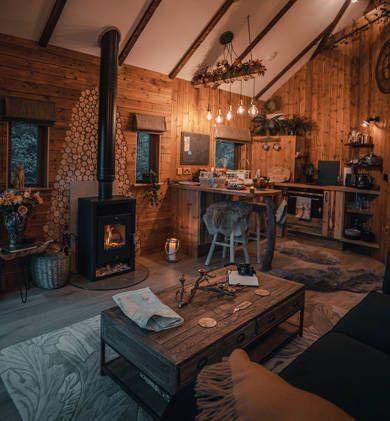
In response to winter’s slower rhythms, we go from the immediate, impulsive pursuits of summer to a more contemplative state, assessing past, present and future. We have more time to ourselves, with no after-work beers in the sun, fewer weekend weddings or exotic holidays and the festival season well past. It’s a time for log fires, thick blankets and hunkering down in reflective, guilt-free inactivity, if only because you won’t hear your mother’s voice telling you that it’s such a nice day out there. We nestle in and consider our own wellbeing, taking stock and making bold resolutions that we secretly suspect will melt away in the spring thaw. But as well as looking in, we also reach out. Something in winter’s grey sobriety makes us long for other people and meaningful connections with family and friends.
In any normal year, most of us would probably spend more quality time with our loved ones in winter than at any other point in the year, especially with Christmas playing its part. The image of winter’s crown jewel as sacred family time has been endlessly reinforced in advertising, tv, film and music, but all of these tap into an innate desire for personal contact, rather than creating one. Despite the fact that a few well-placed days of leave can easily be strung into a fortnight off, we generally eschew adventures to exotic destinations in favour of overeating with our nearest and dearest. We all seem to long for a break from the pressure to be aspirational, for time when we aren’t measuring our lives against an imaginary standard of excitement or success and we can simply be ourselves. with the people we love. Christmas, epitomising the spirit of winter with its forgiving cosiness, gives us that time. We gather the people we really care about, forget what day of the week it is, stop getting dressed and do nothing more constructive than play board games. It might seem idle or even a waste of precious time, but we should never pass up the chance winter offers to sink into the warming comfort of the people closest to us.
Many of us, it seems, certainly don’t pass up this chance, at least in the romantic sense. Cuffing Season, the idea that people are more driven to couple up during the cooler months, is now an established phenomenon and, if the birth rate spike in late August and early September is anything to go by, all that snuggling in the cold really seems to heat things up. Physical closeness aside, winter is an undeniably romantic time. That same license to do nothing becomes an excuse for long entangled naps on the sofa or sitting with your other half, staring into the crackling fire in companionable silence. You share your dreams and fears with each other in scarf-muffled voices on chilly walks, making grand plans for the year to come. People might fall in love in summer, but it’s winter that binds them together.
We need winter for the power it has to change us. It draws us closer to other people and ourselves, makes us notice nature through its vivid transformation and reminds us not to take it for granted that it will always burst back into colour again. It is traditionally a time of hardship, but also a time to reflect and grow under its challenge. It prompts us to seek beauty everywhere, to make the most of precious, fleeting joys. We need it for perspective, we need it for calm and we need it for the pure beauty of cuddling close by the fire, feeling the chill in your breath, catching lazy snowflakes and stepping out under a rare blue sky.
